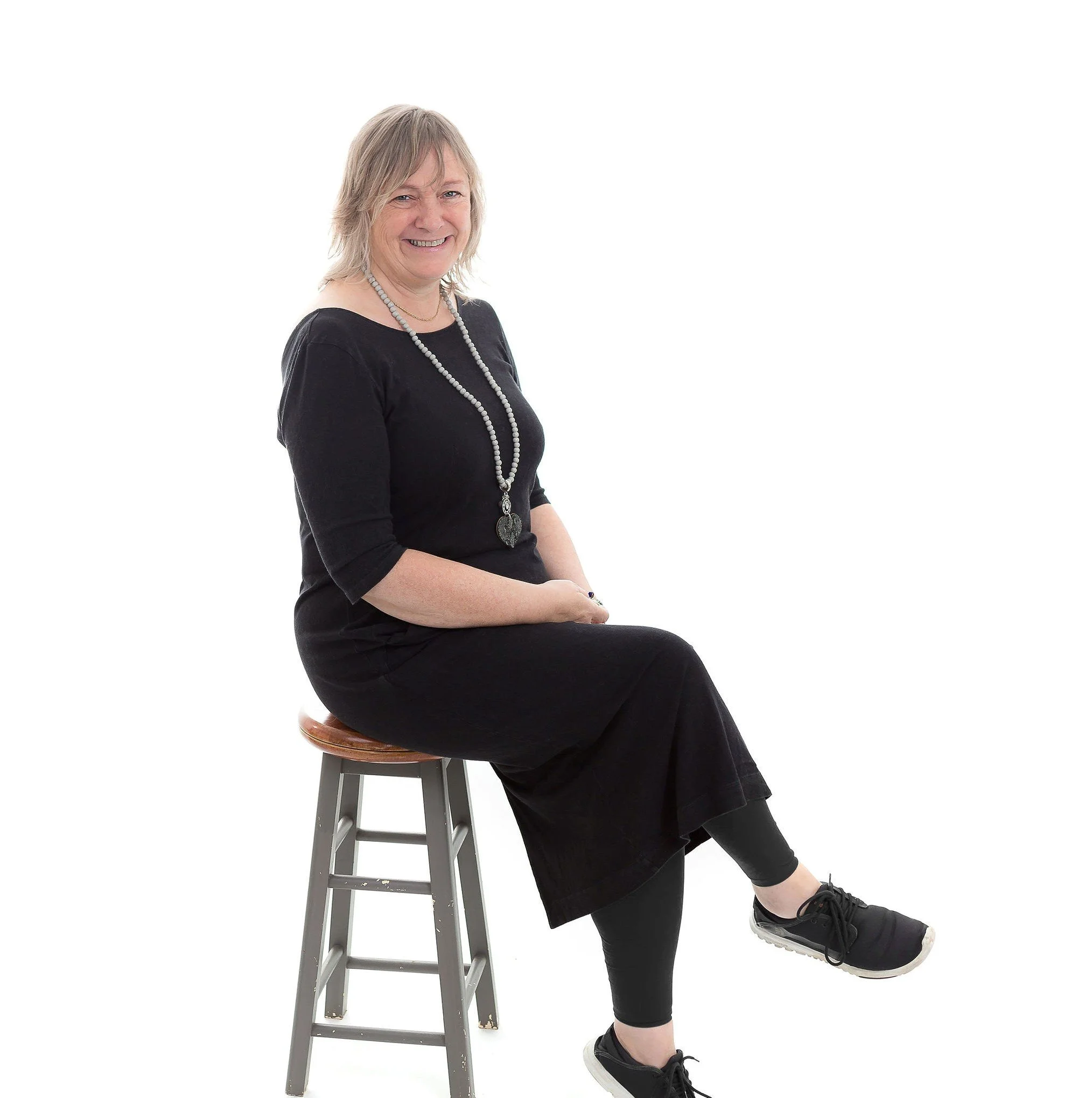Feeling that we don’t belong creates our deepest wounds
Davina Robertson MA
When we're told we don't belong, we internalise it as shame—that sick feeling that something is wrong with us.
I work with the shame of not-belonging that is rooted in school experience
Perhaps you're looking back at your own schooling and realising: maybe you weren't the problem. And you still feel deeply affected by what you went through.
Is your child feeling pressured to change who they are in order to fit in at school—and do you feel powerless to protect them?
Or both are true: You're parenting a child who feels they don’t fit-in at school as they are, and it's cracking open your own unhealed wounds from school.
I work with adults who want to understand and heal what school did to them—whether that's recent or decades ago.
And I work with parents who feel powerless, blamed and exhausted—some carrying the double weight of their child's struggle and their own unhealed school trauma.
This isn't about educational strategies or parenting techniques. It's about healing the emotional toll that this journey takes and finding a different story about what’s happening now or what happened in the past.
The neurodivergent lens
Many of us are neurodivergent—autistic, ADHD, highly sensitive, gifted, twice-exceptional, dyslexic or dyspraxic. Sometimes we didn't know this until long after leaving school. Sometimes we don’t have any diagnosis and we don’t know how to account for our experience.
A neurodivergent lens can help us to understand: we aren't the problem. The system simply wasn't designed for minds and physiologies like ours.
Our work together can support you to move:
from shame to knowing you are enough and never too much
from trauma reactions to feeling calm and grounded
…with the understanding that you've always done the best you could in a system that wasn't built for you or for your child.
Maybe you want to...
Build a new narrative about your school years
Reclaim trust in your own knowing about what you need now
Stop carrying shame that never belonged to you, and offer yourself the kindness you deserve
Perhaps explore whether a neurodivergent lens helps you see yourself clearly—differently wired, not defective
Explore whether your intensity, sensitivity, or need for meaning points to giftedness—rather than being "too much"
I know this territory intimately—from all sides.
I watched my son struggle. I spent years fighting for schools to understand him whilst I didn't fully understand him myself. When he was nineteen, he took his own life.
I experienced exclusion at school. Then I sought belonging in risky ways that harmed me.
Later I worked as a teacher and a head of year in a large comprehensive school and I saw how things worked, and too often failed to work effectively, for young people, from that perspective too.
I understand the years of internalised shame. The exhaustion of fighting for your child. The trauma held in your body from your own schooling. That's the work we can do together.
I'm Davina
I'm a qualified and experienced trauma-informed psychotherapist.
I have many years of lived experience—as someone the system failed, as a parent who fought for my son, as someone who lost him, and now as a grandparent still walking this path.
I identify as neurodivergent myself and take a neuro-affirming stance in my practice.
My focus is on helping you process the trauma, find your voice, and reclaim yourself.
🌳Ways to work with me:
🌿 Join my online community for parents of children experiencing not-belonging at school which is currently gathering its founder members. A supportive space for parents whose children feel they don’t belong in school, are excluded from school or at risk of exclusion. This isn't about fixing your child nor about teaching you how to parent- it's about processing your trauma, finding your voice, and connecting with others who understand.
🌿 I offer individual therapy in the format that works best for you:
Video Therapy Weekly online sessions for those who prefer real-time connection and the relational presence of face-to-face work.
Email Therapy For those who find writing allows deeper reflection, need flexibility around unpredictable schedules, or simply communicate better in written form. Many neurodivergent individuals find email therapy particularly helpful.




